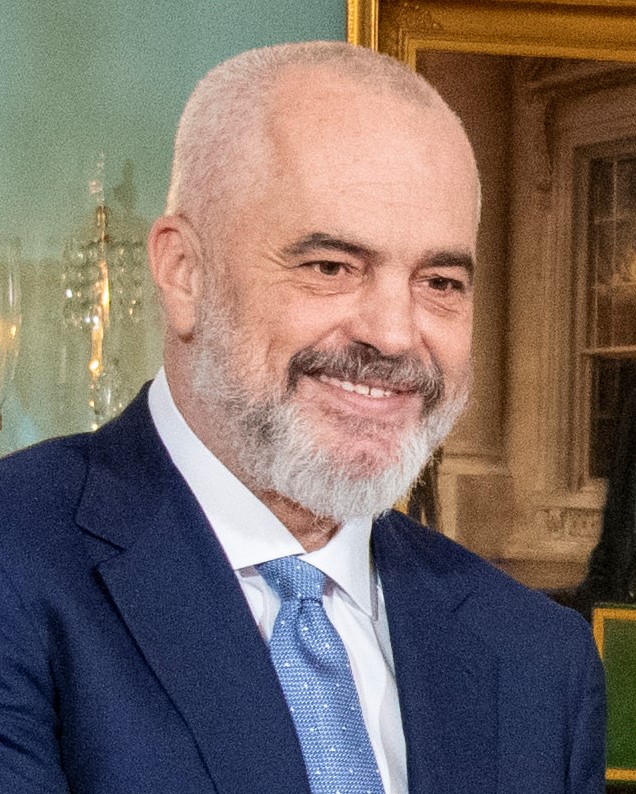
Introduction
Edi Rama, the Prime Minister of Albania since 2013, has been a pivotal figure in the country’s modern political landscape. His leadership comes at a crucial time as Albania navigates challenges related to economic development, EU integration, and social reforms. Understanding Rama’s policies and political strategies is essential for grasping the direction of Albania’s future.
Rama’s Political Career
Born on July 4, 1964, in Tirana, Edi Rama initially made a mark as an artist and an intellectual before entering politics. He became the Mayor of Tirana in 2000, where he introduced significant urban development projects that transformed the city’s infrastructure. In 2013, he led the Socialist Party to victory, focusing on anti-corruption and economic reform. Under his tenure, the government has prioritized infrastructural improvements and attracting foreign investment.
Economic Policies and Reforms
Rama’s government has been characterized by sweeping economic reforms aimed at stimulating growth. In 2022, Albania’s GDP grew by 4.7%, despite challenges from the global economic landscape. His administration has implemented various initiatives to boost tourism, agriculture, and technology. The opening of new border crossings and investments in renewable energy are just a few examples of the efforts made to enhance economic conditions.
Progress Towards EU Integration
One of Rama’s significant objectives has been to pave the way for Albania’s accession to the European Union. In December 2021, the EU officially recommended opening membership negotiations, reflecting Rama’s persistence in implementing necessary reforms. The government has focused on judicial reform and the fight against corruption, receiving both national and international commendations.
Challenges Ahead
Despite the advances under Rama’s leadership, Albania faces several enduring challenges. Economic disparities, rural poverty, and the youth exodus remain pressing issues. Furthermore, the recent political tensions and opposition critiques highlight the fragile nature of his government. The upcoming elections in 2025 will be crucial in determining the stability and continuity of his policies.
Conclusion
Edi Rama’s leadership has undeniably influenced Albania’s path towards modernization and EU integration. His emphasis on reforms and economic revitalisation has positioned Albania as a candidate for potential EU membership. However, the challenges ahead will require a sustained effort to ensure that the progress made is not only maintained but built upon for a stable and prosperous future. As Albania continues to develop, the outcomes of Rama’s policies will be closely scrutinized by citizens and international observers alike.
You may also like

The Important Role of Government in Modern Society

Understanding the Current Political Landscape in the UK

The UKIP Party: Recent Developments and Future Outlook
SEARCH
LAST NEWS
- Remembering Wendy Richard: The Promise to Co-Star Natalie Cassidy
- How Did Anglian Water Achieve an ‘Essentials’ Rating for Mental Health Accessibility?
- Shai Hope Leads West Indies in T20 World Cup Clash Against South Africa
- What We Know About Weston McKennie: Future at Juventus and Past at Leeds
- What We Know About the Upcoming Live Nation Antitrust Trial